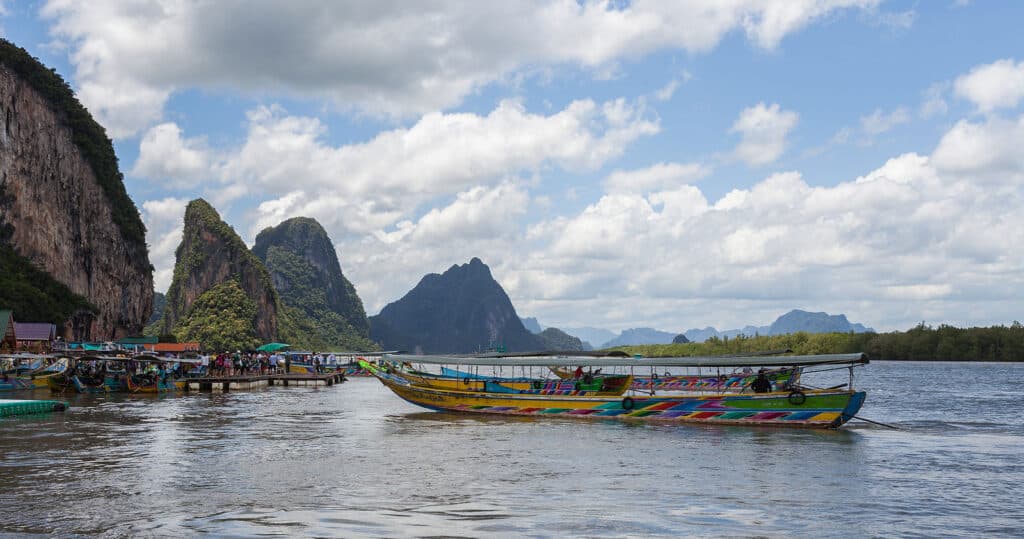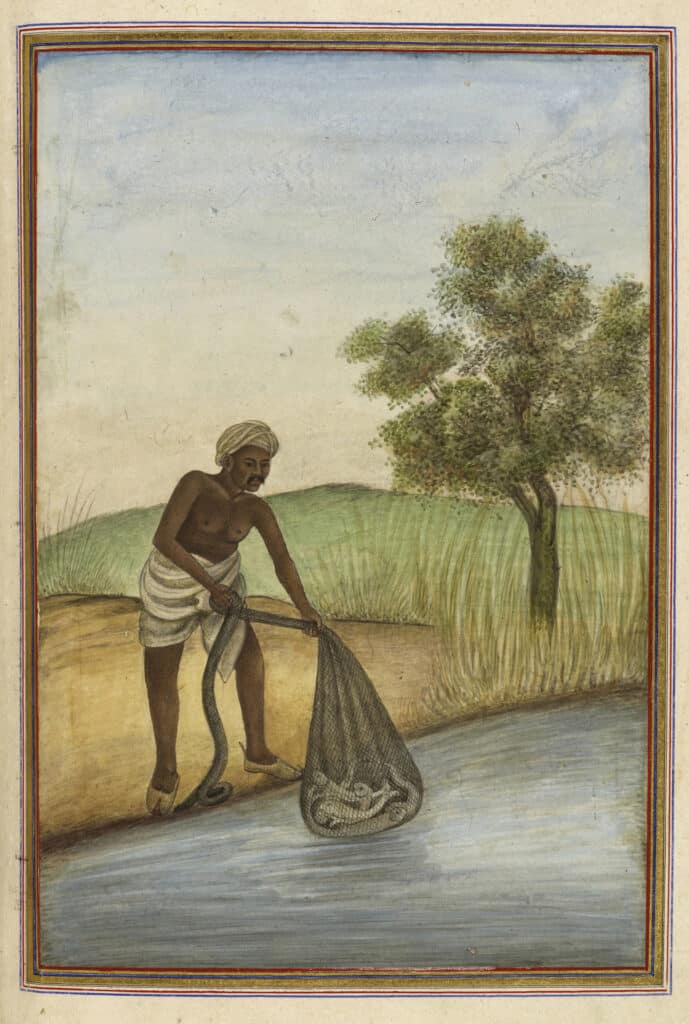We leave for our fly fishing adventure this coming Thursday, God willing. I am very much looking forward to spending time with my brothers hunting trout in the eastern Sierra.
We have shared on the importance of intention before, but I wanted to take that just a little bit further today. I want to look at how the art, craft, and practice of fishing has served various communities to the point of becoming a metaphor for some of our highest values and aspirations. Religion, being a crystallization of those elevated sensibilities, makes much use of the fish and her capture.
This is perhaps most obvious among Christians who adopted the fish symbol, or ichthys, during times of persecution.

It is said that when a believer would encounter another man, he would trace an arc in the dirt. If the stranger drew the other arc to complete the fish, then he would mark himself as friend and brother.
While we can’t be sure of the veracity of that practice, what is certain is the appearance of fish in sacred literature. All four canonical gospels mention the feeding of five-thousand where Jesus, may God’s peace be upon him, fed multitudes with five loaves of bread and two fish. Jesus referred to his apostles as fisherman and he is said to have compared the angels of the end-times who separate the righteous from the wicked to fisherman sorting their catch. And in the Qur’an, it is a fish that guides Moses, may God’s peace be upon him, to his teacher.
Fish have birthed whole civilizations.

In Thailand, there is a village called Ko Panyi, descended entirely from just two nomadic Muslim fishing families from Java. The first things the people built were a mosque and a well. All from their earnings as fishermen.

The Maimal are a Muslim fishing community in India, as are the Pusulan, and the Macchi. The reality is there are fishing communities all along the coastlines and banks of every major waterway in the world.
And that makes fishing an entirely unique hunting experience. With the possible historical exception of buffalo-culture among the Plains Indians, I can’t think of another wild animal that has built culture and civilization on the scale that fish have.
Before you continue reading, please take a moment to appreciate my use of “scale” and “fish” in that last sentence.
Human communities are consistently formed in relationship with fish. Remember Squanto teaching the pilgrims about fish as fertilizer? Could this be what Jesus meant when he called his apostles fishermen? Could this be the Divine Wisdom in the fish who guided Moses?
And our relationship with fish is not entirely predatory. In Zanzibar, which has played host to generations of Muslim fisherman, they are now tying the concept of sustainability to their roles as khulafa, or God’s vice-regents on Earth. People are working all around the world to make sure that our fisheries remain robust and healthy.
This trip we’ll be taking to learn how to fly fish can be received in many ways. It can be a nice, relaxing break from our weekly grind. It can be taken as an aesthetic experience as we soak up the majesty of the autumn Sierra. And for the men that are open to this, it can also be a gateway to rediscovering our primal obligation as providers and an opportunity to learn the basic skills to live that role. These are skills that we can use to feed our families.
Fish build civilizations. We cannot let civilization allow us to forget how to fish.
Leave a comment below for posterity or join us in the D&T Chautaqua Discord to discuss this post with other adventurous spirits from around the world.